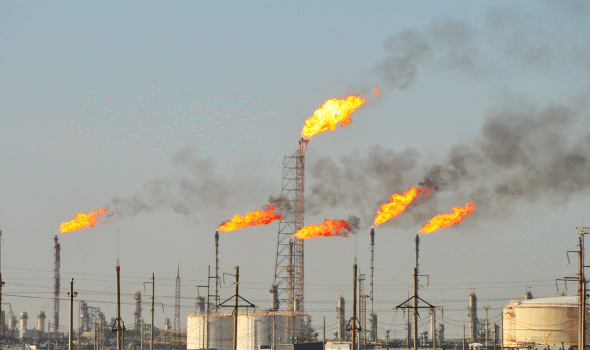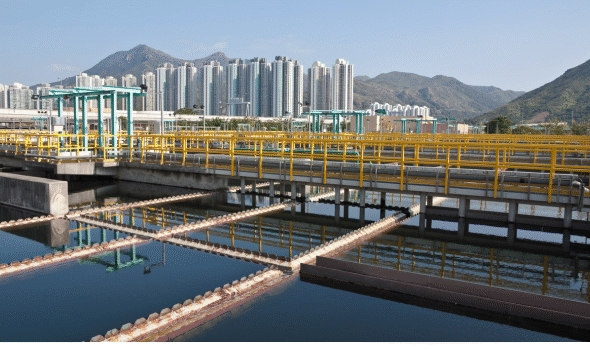INTRODUCTION:
The oil and gas industry is a cornerstone of global economies, reliant on complex machinery and infrastructure for efficient and safe operations. Equipment reliability is paramount in ensuring uninterrupted production, minimizing downtime, and maximizing profitability. This course is designed to equip participants with a comprehensive understanding of the critical aspects of operating, diagnosing, and maintaining equipment in the oil and gas production sector. Through a blend of theoretical knowledge and practical applications, learners will develop the skills necessary to optimize equipment performance, prevent failures, and enhance overall operational efficiency. Participants will gain a deep understanding of failure analysis techniques, predictive maintenance strategies, and the implementation of reliability-centered maintenance (RCM) programs.
Through case studies and hands-on exercises, learners will develop the skills to troubleshoot equipment malfunctions, identify root causes of failures, and implement corrective actions. The course also emphasizes the importance of safety and environmental compliance in equipment management. By the end of the program, participants will be equipped to optimize equipment performance, extend asset life, and contribute to the overall success of oil and gas operations.
COURSE OBJECTIVES:
Upon completion of this course, participants will be able to:
• Understand the fundamental principles of oil and gas production equipment
• Identify common equipment failures and their root causes
• Apply diagnostic techniques to assess equipment condition
• Develop and implement effective maintenance plans
• Optimize equipment performance and efficiency
• Ensure compliance with safety regulations and industry standards
COURSE OUTLINE:
Module 1: Introduction to Oil and Gas Production Equipment
• Overview of oil and gas production processes
• Types of equipment used in upstream operations (drilling, completion, production)
• Equipment components and functions
• Equipment selection and sizing
Module 2: Equipment Operation and Performance
• Start-up and shutdown procedures
• Operating parameters and limitations
• Performance monitoring and optimization
• Troubleshooting common operational issues
Module 3: Equipment Diagnostics and Condition Monitoring
• Fundamentals of vibration analysis and ultrasound
• Predictive maintenance techniques
• Non-destructive testing methods
• Data analysis and interpretation
• Root cause failure analysis
Module 4: Maintenance Planning and Execution
• Maintenance strategies (preventive, corrective, predictive)
• Maintenance scheduling and planning
• Spare parts management
• Maintenance documentation and reporting
• Work order management
Module 5: Safety and Environmental Considerations
• Safety regulations and standards
• Hazard identification and risk assessment
• Emergency response procedures
• Environmental impact and mitigation
Module 6: Case Studies and Simulations
• Real-world examples of equipment failures and troubleshooting
• Simulation-based exercises
• Hands-on equipment inspections (if applicable)
TARGET AUDIENCE:
• Equipment operators
• Maintenance technicians
• Engineers
• Production supervisors
• Asset integrity managers
• Individuals seeking a career in the oil and gas sector
VENUE: Egypt
DURATION: 1 Week
DATE: Open









